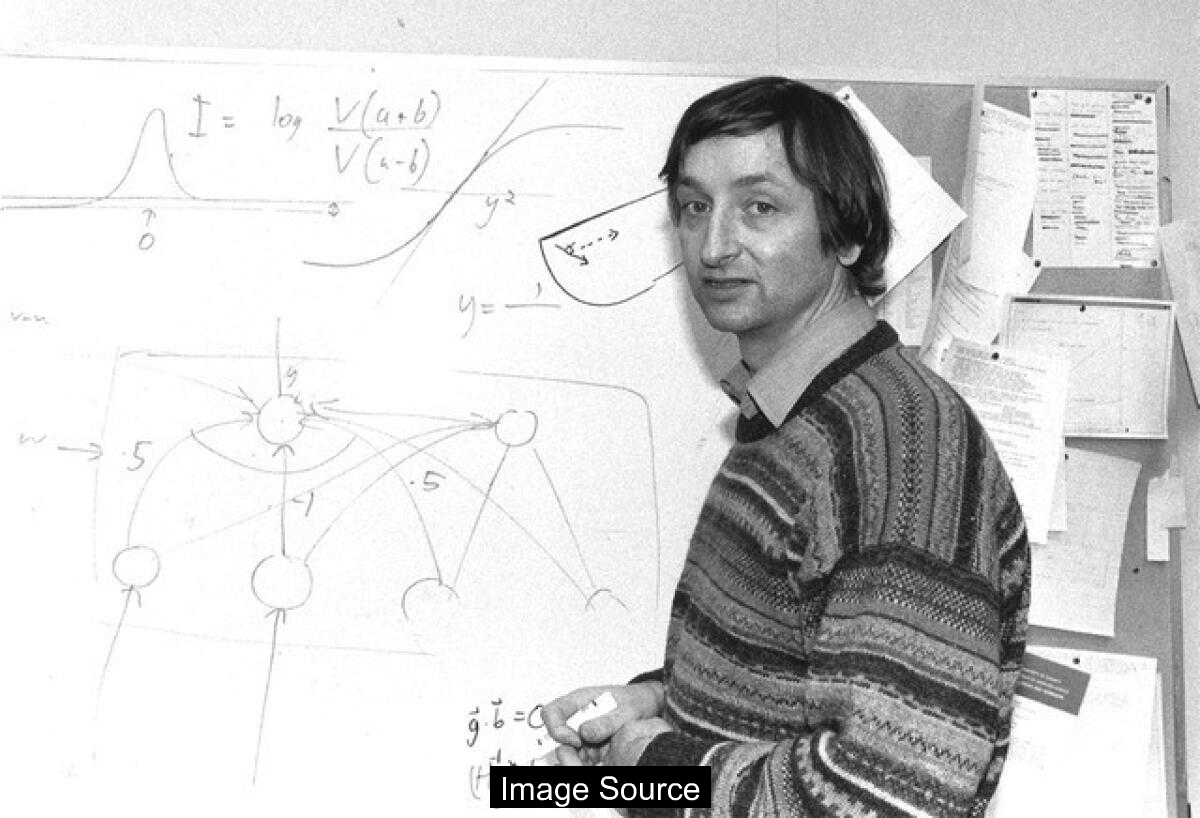Prominent technology leaders and executives are increasingly voicing deep concerns about the potential existential risks posed by advanced artificial intelligence systems. Recent statements from industry figures like Elon Musk and Sam Altman have heightened the sense of alarm, with some warning that unchecked AI development could pose unprecedented challenges to human civilization.

The AI Prophet: Geoffrey Hinton’s Warning
At 77 years old, Geoffrey Hinton has emerged as a critical voice in the artificial intelligence landscape. Known as the ‘Godfather of AI’, Hinton is renowned for his pioneering work on deep learning and neural networks that fundamentally shaped modern AI technology. After leaving Google in 2023, he began speaking publicly about the potential dangers of unregulated artificial intelligence, feeling a sense of personal responsibility for the technology’s development.
Hinton’s concerns reflect a growing sentiment among prominent tech figures who view AI with a mixture of awe and apprehension. He and others use language that borders on the theological, describing AI capabilities as almost godlike. His primary goal is to raise public awareness about the potential risks, hoping that increased understanding will pressure politicians to implement meaningful regulations and safeguards.
Competing Visions of AI’s Future
The discourse around AI’s potential is sharply divided between apocalyptic warnings and utopian promises. Some tech leaders, like Anthropic CEO Dario Amodei, envision AI as a transformative force that could defeat diseases, alleviate poverty, and usher in a renaissance of human rights. Conversely, researchers like Geoffrey Hinton warn of existential threats that could fundamentally disrupt human society.
Prominent futurists like Ray Kurzweil take an even more radical view, predicting that humans will eventually merge with technology. Kurzweil believes that by 2045, human intelligence could be multiplied a millionfold through AI integration. This perspective, often termed transhumanism, suggests a future where the boundaries between human cognition and artificial intelligence become increasingly blurred.
Despite these divergent perspectives, there’s a growing consensus that artificial general intelligence (AGI) represents a potential turning point in human history. While definitions vary, AGI broadly refers to a hypothetical point where AI surpasses human-level intelligence, potentially triggering rapid and irreversible societal changes.
The Religious Undertones of AI Discourse
Scholars like Robert Geraci have noted the increasingly religious language surrounding AI discussions. The terminology often mirrors apocalyptic narratives, with technology replacing traditional spiritual concepts of transcendence and salvation. This linguistic shift reflects a deeper human need for meaning and hope, now projected onto technological advancement.
The profitability of AI has accelerated this quasi-religious discourse. What was once a fringe technological fantasy has become a multi-billion dollar industry, providing financial incentives for grandiose narratives about AI’s potential. Tech leaders like Sam Altman describe their technologies in almost mystical terms, suggesting a fundamental transformation of human experience.
However, not all tech leaders are convinced. Researchers like Max Tegmark caution against what he calls a ‘pseudoreligious pursuit to build an alternative God’. He advocates for responsible AI development focused on practical benefits like disease prevention and increased productivity, while warning against the hubris of attempting to create superintelligent systems.
The current AI landscape is characterized by intense debate and uncertainty. While some view the technology as humanity’s greatest potential ally, others see it as an existential threat. Figures like Geoffrey Hinton represent a critical middle ground, acknowledging AI’s transformative potential while emphasizing the need for careful, ethical development.
Collaborative efforts like the Future of Life Institute’s open letter, which called for a pause in advanced AI training, demonstrate a growing recognition of the technology’s complex implications. With over 33,000 signatures from tech luminaries, these initiatives aim to promote responsible innovation and public dialogue.
As AI continues to evolve rapidly, the challenge lies in balancing technological advancement with robust ethical frameworks. The ongoing conversation involves not just technologists, but philosophers, ethicists, policymakers, and the broader public, all seeking to understand and shape the role of artificial intelligence in our collective future.
Source: latimes.com